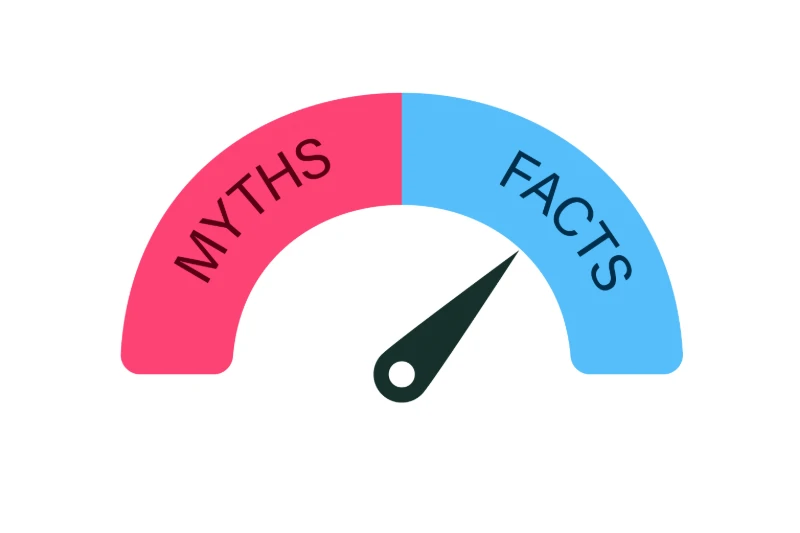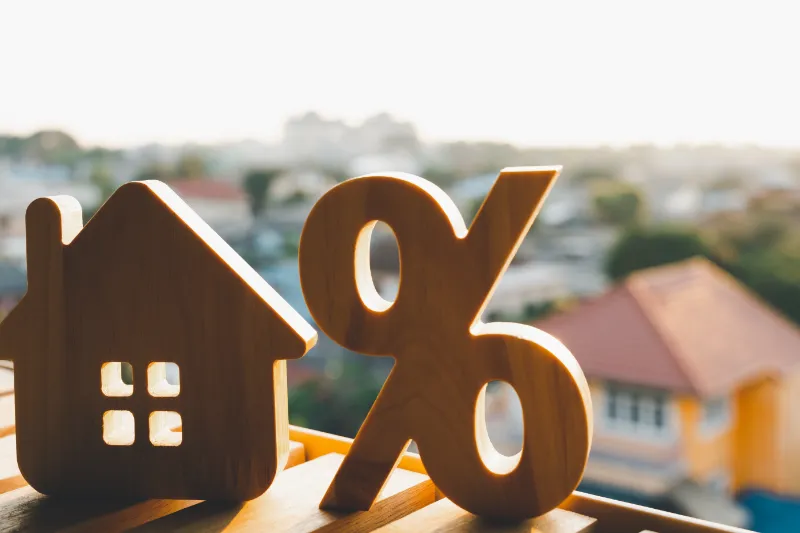When it comes to getting a mortgage, there’s no shortage of misinformation. Many homebuyers, especially…
How Can You Use Home Equity to Pay Off Debt?
Many people struggle with managing their debt. It is easy to accumulate credit card debt before learning how to spend and save money wisely. Even after knowing these best practices, you may still be burdened with a large debt, adversely affecting your credit score.
Suppose you are a homeowner who has invested much time, effort, and money into your biggest asset. In that case, it may be a good idea to leverage your home equity to pay off your debts.
What is home equity?
It is the difference between your home’s current value and the money you owe on your mortgage. Building home equity is a powerful asset because it is like putting money back into your pocket.
Here’s how home equity works:
Suppose you took out a mortgage on a home that costs $200,000. Five years later, you have paid off $50,000 of your mortgage, and your home has risen to $250,000!
This means you now have $100,000 worth of equity in your home.
Another way to visualize this is:
$250,000 (current home value) – $150,000 (mortgage amount owed) = $100,000 (home equity)
If you have built up equity in your home, you should know how you can benefit from it.
For example, you may have accumulated too much credit card debt and need help to handle it. This debt can hurt your credit score and cost you extra money in high interest rates. This is a common issue that many homeowners face. Fortunately, they can take cash from their home’s equity to pay off credit card debt.
This is called a cash-out refinance. Here’s how it works:
Cash-out refinance
This option allows you to change your original mortgage into a different type, tapping into your home equity.
In a cash-out, you refinance your current mortgage for more than you owe. You can receive the amount above what you owe (the new loan amount minus what you owe) in cash.
Using the example from earlier, you owe $150,000 on your original mortgage, but you now have $100,000 in home equity to leverage.
With a cash-out, you could take out a new loan for $200,000 and receive the difference ($50,000).
$200,000 (new loan amount) – $150,000 (what is owed on the first mortgage) = $50,000 (cash-out amount).
You will have to repay the new loan in monthly installments with interest and the closing costs of refinancing.
Unlike a Home Equity Loan of Credit (HELOC), a cash-out refinance does not involve a second mortgage. With a cash-out refinance, you only have one loan.
To access the cash-out option, you’ll need to build up enough equity in your home. The amount of money you can get from this cash-out depends on your equity. The more equity you have, the more money you can get out.
The bottom line
Building up equity gives you significant leverage for the future. If you struggle to pay off debt, leveraging your home equity may make sense, especially if your debt payments have high interest rates. A cash-out refinance can help you eliminate that debt and opt for lower-interest loan payments.
However, if you decide to tap into your home equity to pay off debt, ensure you understand financial strategies to prevent you from accumulating more high-interest debt in the future.
Talk to a mortgage professional about your options if you want to use your home equity to pay off debt. A mortgage pro can look at your situation and help you decide if this is a good option.





